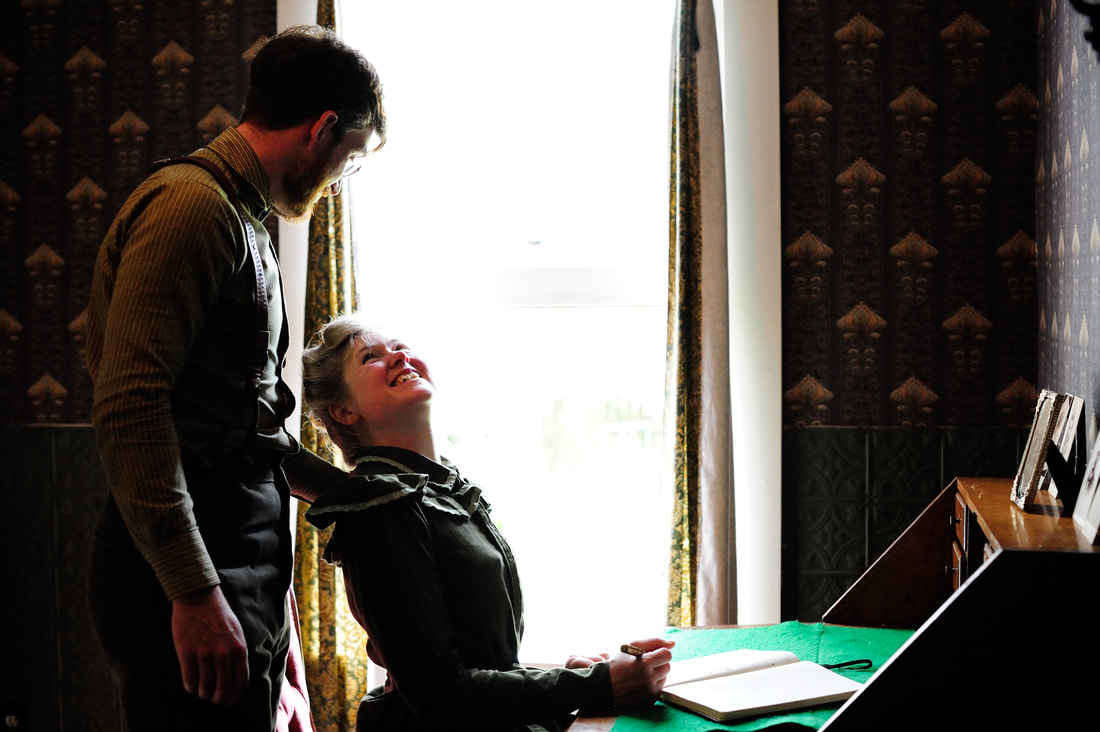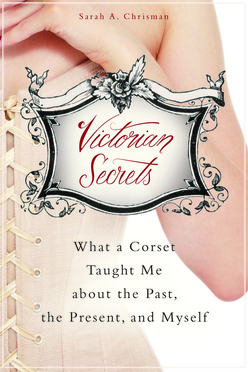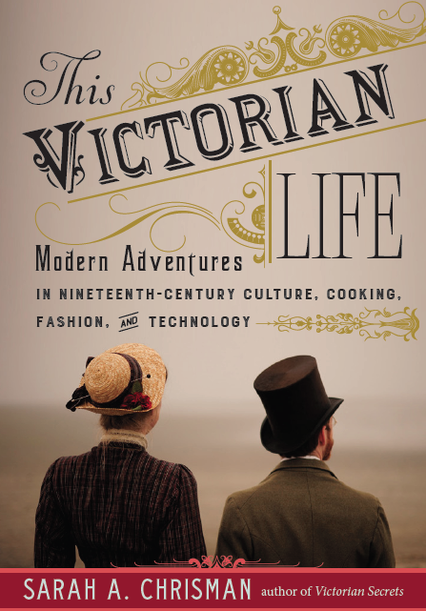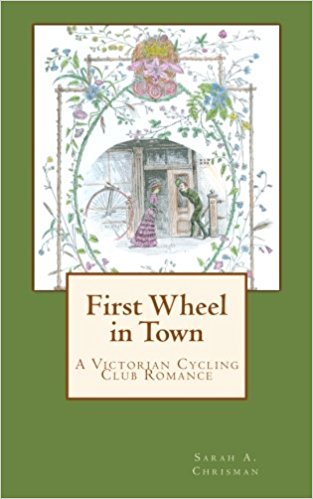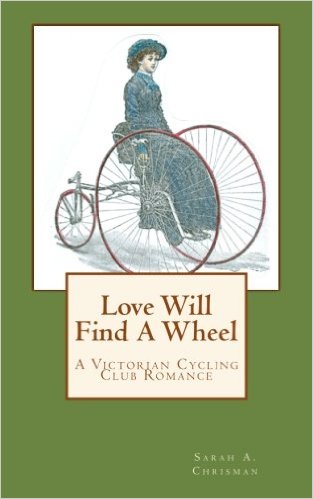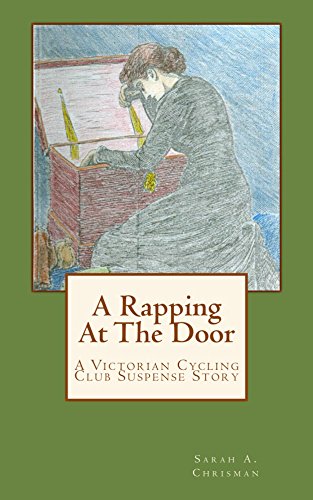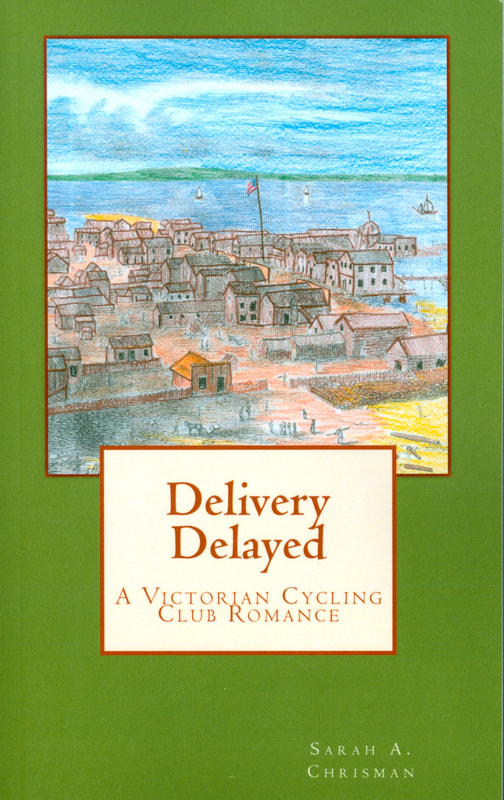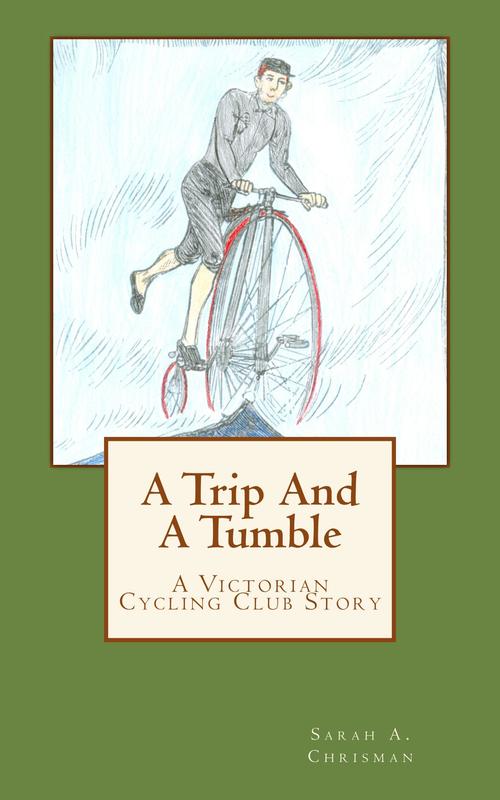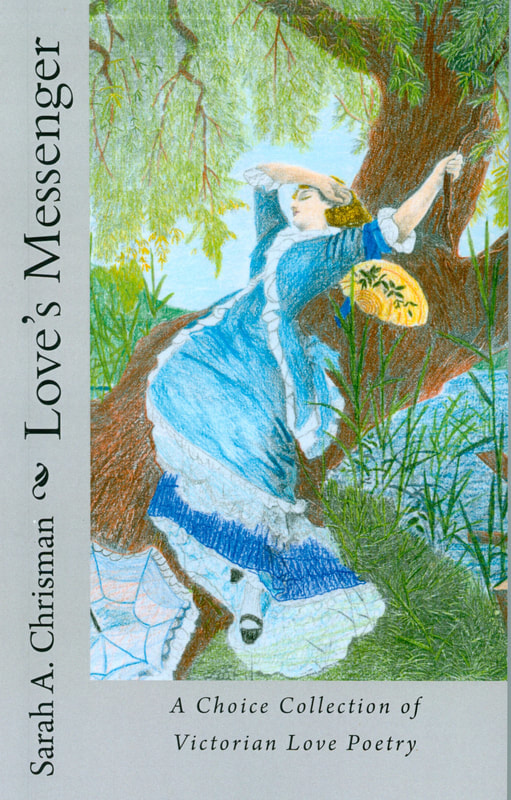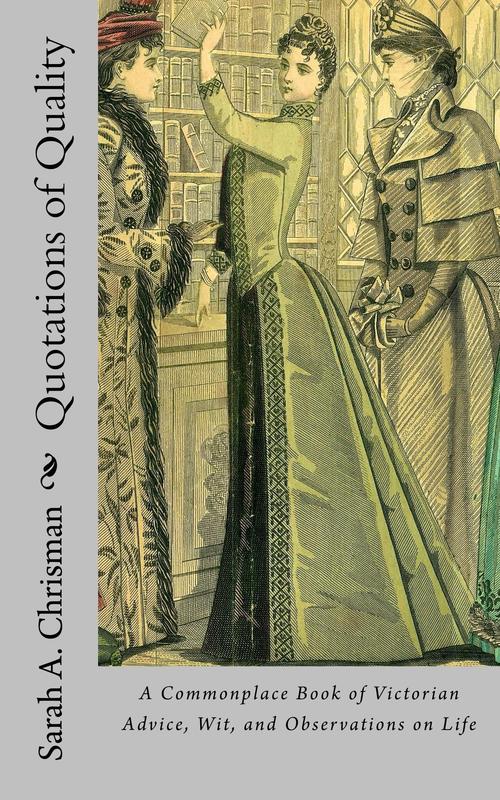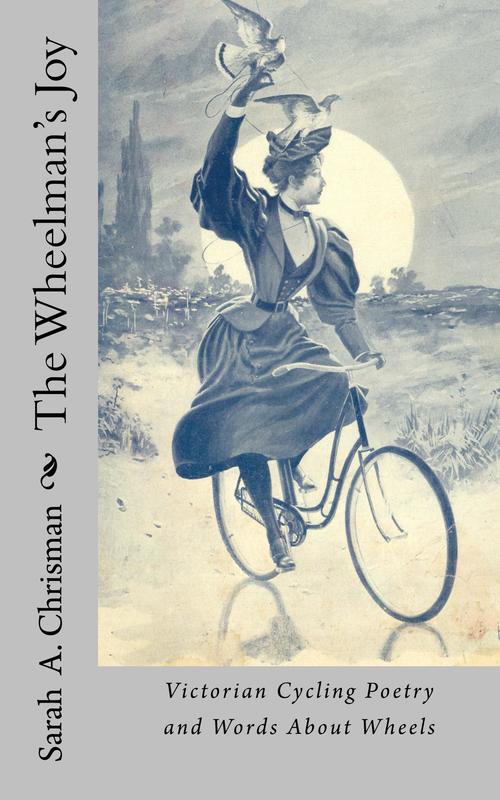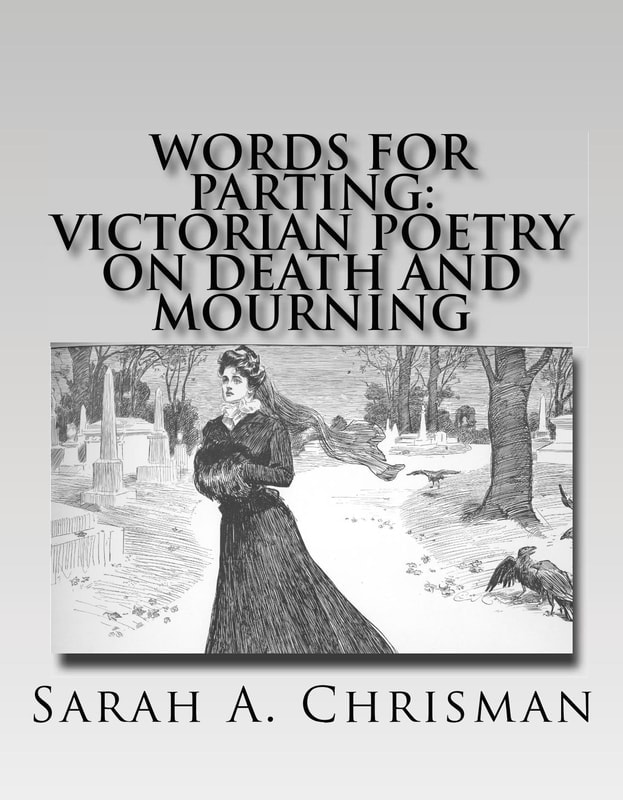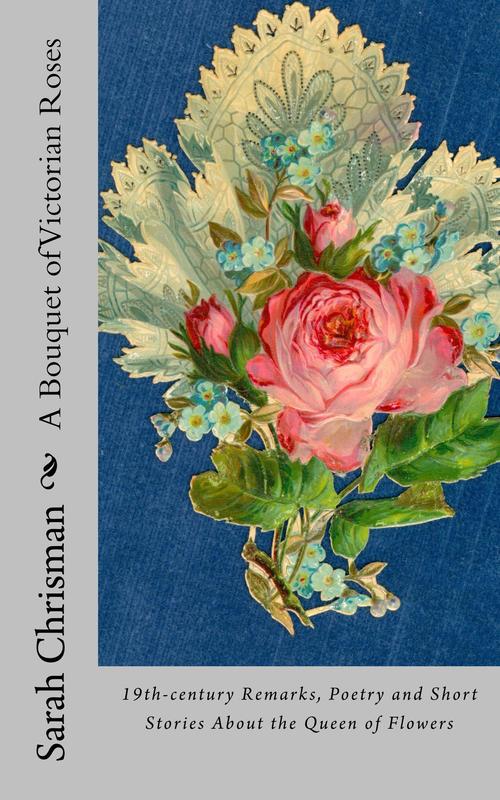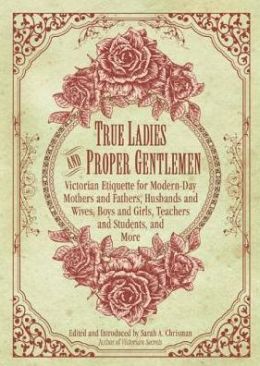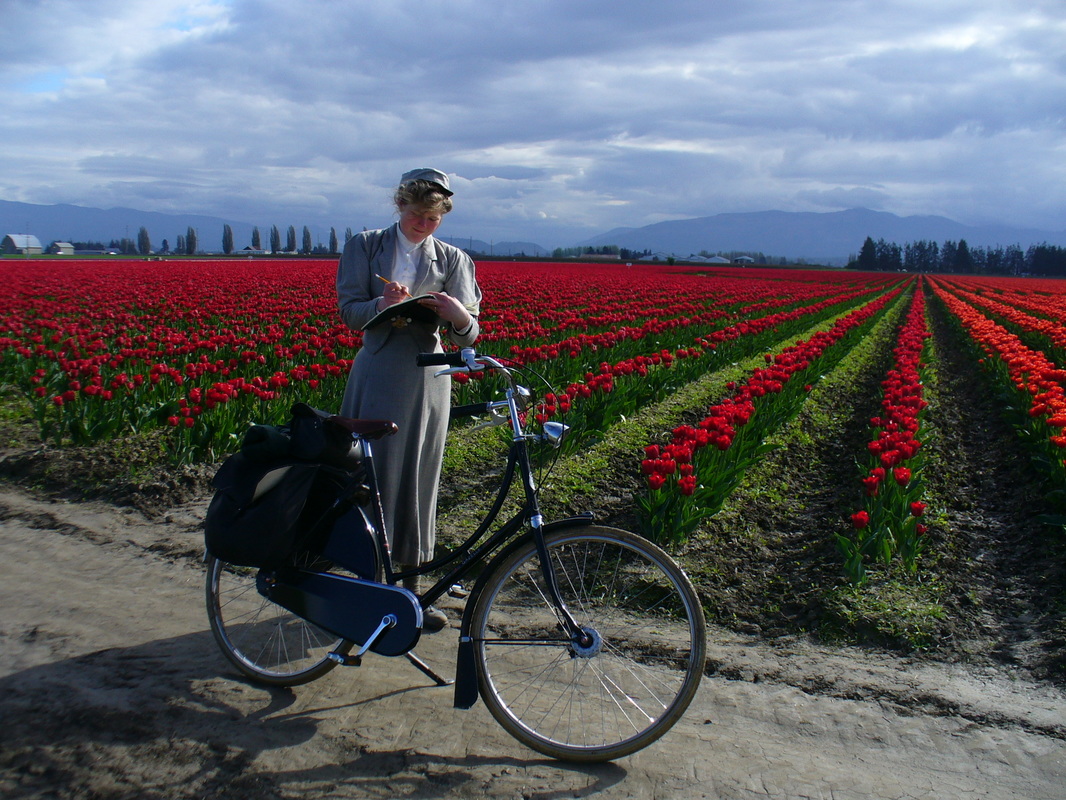Frequently Asked Questions
(Answered by Sarah)
1. Would you come speak in my community / do a book signing near me?
We would absolutely love to! We've been honored to speak at a number of different venues across America —be sure to check out our Past Events page. These events happen because fans like you ask local organizations to sponsor them. If you know of a museum, library, school or other organization that would like to sponsor an event, please show them our Presentations page and have them get in touch with us. These things are always a grass-roots effort, and they have to start from the ground up because the sponsoring organization needs to know the event will be worth their while. It would be wonderful if you would put my name in the suggestion box of your local bookstore, and ask your friends to do the same! Ask them to sponsor a presentation / signing, or to choose one of my books as a Community Reads project —here's more on those: http://www.loc.gov/loc/lcib/0601/cfb.html Thank you for your support!
2. I have a question about the Victorian era...
We'd be delighted to help! Please see the fees on our Historical Consulting page.
3. Where do you live?
We live in rural Iowa. Please respect our privacy: we don't give out our address / county etc. because at our last home the information was abused too many times. For this reason I no longer autograph books by mail. Please respect our privacy and the value of our time by not pressing the issue. (And please don't try to hunt us down: that's really creepy!) If you have legitimate business with us we'll be very happy to hear from you through the appropriate contact form on our services page and will get back to you as soon as humanly possible. If you simply want to know what we're like and our opinions on any number of things, read my books: they contain far, far more information than any letter ever could.
4. Are the books in Sarah's historical fiction series stand-alones, or one continuous story?
My Tales of Chetzmoka series follows the adventures of a group of friends (some of them literally family, all of them a big metaphorical family) in the 1880s—1890s in a town based on Port Townsend, where I live. The sweep of the series is set up in such a way that the early books introduce the characters and give the readers background on details of 19th-century life which are unfamiliar or surprising to a modern audience; then, once the readers have this background things get increasingly more involved. Each book focuses on different friends within the group so that the reader gets to see society at that time from different perspectives: that of a doctor and a dressmaker for Book I, a salesman and a bookish woman in Book II, a trained nurse in Book III, a schoolteacher and a steamship captain in Book IV. Book V (which I'm currently writing and is about 90% done) focuses on a reporter and a shipping clerk. Each book can stand alone as its own story, but a reader gets a fuller understanding of the world by reading them all in order.
Because I'm such a stickler for hyper-accurate historical detail, each volume takes as much research as a non-fiction book —each one has an appendix at the end that lists information sources, like a bibliography in a non-fiction work. (The appendices also contain recipes for foods mentioned in the stories.) For more information, please go to <http://www.thisvictorianlife.com/historical-fiction.html>.
5. What are your jobs?
Gabriel is a librarian and I'm a writer: neither of these are very lucrative professions, to put it mildly. Our household income is considerably below the average, and that's a restriction we have to work within. So we set our priorities carefully, decide what's really important for us, and work from there. In some aspects of our lives we spend more money than other people, but then we make up for it by spending less money in other ways—partly because of the manner in which we've chosen to live, partly out of pure necessity.
6. Where do you get your 19th-century reading material?
We get antique copies of 19th century magazines and books from a variety of sources - antiques stores, yard sales... One great source that's available to everyone is abebooks.com
Some of our daily reading comes by finding digitized copies through google books advanced search (http://books.google.com/advanced_book_search). This is a great tool, since it lets us print out copies of 19th century magazines and take them into the bath with us (or anywhere else) and not worry the way we do about our antique copies. We do the same thing with newspapers, too - here's our favorite newspaper archive: http://www.sos.wa.gov/legacy/newspapers.aspx
How to turn a print-out into a hand-bound book: http://www.thisvictorianlife.com/recipe-for-reading-how-to-make-a-hand-bound-book.html
I always recommend people start from their own perspective when approaching another era. If you like cycling, read 19th-century cycling magazines like Le Vélo or Outing. If you're driven by technology try some of the scientific journals; or if you can't resist a good mystery novel try the works of a period writer like Wilkie Collins. Individuals in the Victorian era had interests which varied just as widely as those of their 21st-century counterparts, and starting with one's own passion provides a great frame of reference for exploring the period.
For more information on this topic, check out our page on our Favorite Books.
7. How do you / how can I deal with bullying?
That's a hard one. Some days it's hard to leave the house, or even get out of bed in the morning. But I do it. I keep going because I refuse to let the bullies win: I won't let them take away the life I want.
A number of years ago I learned about an interesting scientific study into the contagious nature of emotions. I decided that every time someone was nasty to me or did something hateful, I was going to flip back around and add something positive to the world. I consciously fight catching negativity by working with everything I've got to add positivity to the world.
If a random stranger insults me, I find a different random stranger to compliment about something. When someone is cruel, I find something nice to do for someone I care about, or I work on something productive and positive. When we were denied entrance to a garden based on how we looked, I wrote up a piece focusing on all the nice businesses run by good people in the same city (http://www.thisvictorianlife.com/blog/victoria-bc-canada-downs-and-ups-on-an-anniversary-trip-or-how-we-were-denied-entrance-to-victorias-most-famous-garden-for-dressing-too-decently-yet-still-managed-to-find-many-lovely-flowers-in-much-better-places).
Flowers grow out of manure.
I hope all this helps. Here are some of my favorite encouraging quotes. Enjoy —and stay strong! http://www.thisvictorianlife.com/encouraging-quotes.html
More good quotes:
http://www.thisvictorianlife.com/if-you-would-be-happy-1887.html
http://www.thisvictorianlife.com/new-year-maxims-1889.html
Q&A Interviews:
The Edinburgh Book Review
Questions and answers on techniques for writing historical fiction; details of Victorian culture; fashion, what real Victorian heroines were like; and more.
www.edinburghbookreview.co.uk/interview-sarah-a-chrisman/
Society19:
Q&A on This Victorian Life, corsets, parallels between past and present, intentional living, and more:
http://www.societynineteenjournal.com/2015/11/so19-talks-with-sarah-chrisman.html
SheKnows: As is often the case, when a SheKnows.com article went up in 2015 my answers were published in a highly abridged form. Here's the original, unabridged version of the interview: Unabridged SheKnows interview.
Mimics of Mode:
http://mimic-of-modes.blogspot.com/2015/10/a-second-look-at-vox-victorians.html
Still have more questions? Check out Sarah's books!
Maintaining this website (which you are enjoying for free!) takes a lot of time and resources.
Please show your support for all our hard work by telling your friends about Sarah's books —and by buying them yourself, too, of course!
***
Tales of Chetzemoka
In a seaport town in the late 19th-century Pacific Northwest, a group of friends find themselves drawn together —by chance, by love, and by the marvelous changes their world is undergoing. In the process, they learn that the family we choose can be just as important as the ones we're born into.
A Trip and a Tumble:
A Victorian Cycling Club Story
Buy the Book
Learn More
For Tales of Chetzemoka merchandise,
click here!
***
Anthologies
If our website has been helpful to you,
please consider making a cash donation.
Your generous support helps us maintain this website and continue our outreach, so that we can keep teaching others about the history we love.
Everything helps and is appreciated!
Search this website:
***
